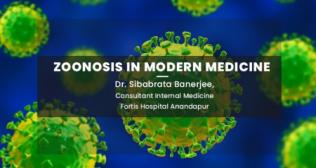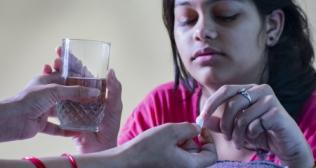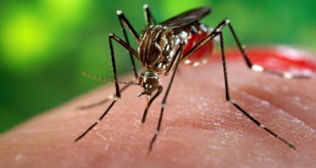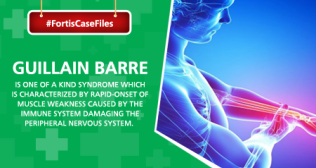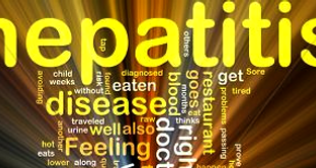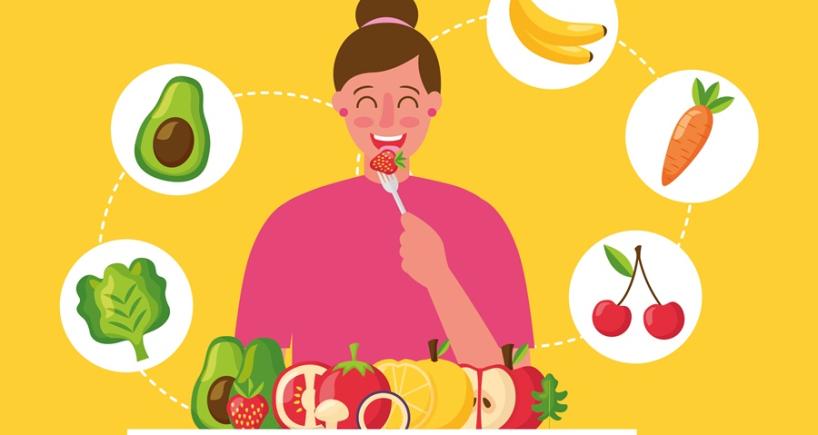
Dietary Measures to Be Followed Before and After Surgery
Introduction
Surgery is an eminent medical procedure that can be both physically as well as mentally taxing. It requires ample energy and resources from the body to restore and recover from the trauma caused by the procedure. Eating a suitable variety of food before and after surgery can make a crucial difference in how well the body recovers.
Before the Surgery: What to Eat?
A nutritious diet should be maintained for a few days before the surgery, smoking should be ceased (minimum ten days prior to the procedure), and alcohol intake should be decreased (completely stopped one day before the surgery). These deleterious habits make circulation challenging, narrow the blood vessels, and elevate blood pressure.
The pre-surgery diet should comprise the following:
- Colorful Fruits and Vegetables: They are easily digestible, aiding in maintaining weight in the postoperative period when the body will require rest. Vegetables and fruits are also treasure houses of vitamin C, promoting collagen formation, which is crucial for a rapid recovery, increases the amount of energy, and enhances healing.
- Slow Carbohydrates Like Rice or Pasta: They improve digestion, which is very significant before acute medical interventions, as the body’s suspension during the surgery promotes constipation. Fast carbohydrates are well-absorbed, help improve mood, and activate the synthesis of serotonin (the “happy hormone”), which can be reduced by a dearth of motor activity and physical activity.
- Proteins: Chicken or turkey, red meat, fish, eggs, and seafood are the muscles’ best friends. These are essential as the muscles are often inactive for several weeks after the operation due to the obligatory state of rest or the lack of ability to lift any weight.
- Unsaturated Fats: For fats to be helpful to the body in preparation, they must be unsaturated, like oily fish, olive oil, nuts, and dried fruits. When utilized to the proper extent, they are helpful and necessary. But it’s essential to keep a watch on the weight.
After the Surgery: What to Eat?
After the surgery, it is necessary to follow general instructions in terms of nutrition:
- Individuals can drink regular non-carbonated water for the first day post-surgery.
- As an individual recovers, they can only consume liquid food for some time.
- Consume food 6–7 times a day in small portions.
- The temperature of the dishes provided must not exceed 113 °F.
After Cardiac Bypass Surgery: What to Eat?
Post-cardiac bypass surgery, the patient will be required to concentrate on eating a healthy diet. This will help the body to heal, decrease the risk of complications, and help recover well. Several studies have depicted that a diet rich in fruits, vegetables, whole grains, nuts, and seeds can decrease the chances of cardiac disease.
Patients may realize that they have a poor appetite and the food has lost its flavor. The patient’s sense of smell may alter, and the patient may also experience a weird metallic taste in the mouth. It often takes three months to recover completely. Try to consume small quantities of food often.
A healthy diet offers the body a treasure house of heart-protective nutrients. An ideal diet should comprise:
- Meat
- Fish
- Wholegrains
- Dairy
- Healthy fats
- Water
Aim to ingest two servings of fruit, five servings of vegetables, and four or higher servings of wholegrain – based on energy requirements. A few other tips to eat well are as follows:
- Decrease the salt intake
- Keep away from sugary foods
Eating a well-planned diet rich in protein, fiber/roughage, and antioxidants before and after surgery is essential for a successful recovery. It is also necessary to avoid certain foods and beverages before and after the surgery, such as those high in sugar, fat, and salt. Following these guidelines can help the body heal and recover from the surgery more quickly and effectively.
Popular Searches :
Hospitals: Cancer Hospital in Delhi | Best Heart Hospital in Delhi | Hospital in Amritsar | Hospital in Ludhiana | Hospitals in Mohali | Hospital in Faridabad | Hospitals in Gurgaon | Best Hospital in Jaipur | Hospitals in Greater Noida | Hospitals in Noida | Best Kidney Hospital in Kolkata | Best Hospital in Kolkata | Hospitals in Rajajinagar Bangalore | Hospitals in Richmond Road Bangalore | Hospitals in Nagarbhavi Bangalore | Hospital in Kalyan West | Hospitals in Mulund | Best Hospital in India | | Cardiology Hospital in India | Best Cancer Hospital in India | Best Cardiology Hospital in India | Best Oncology Hospital In India | Best Cancer Hospital in Delhi | Best Liver Transplant Hospital in India
Doctors: Dr. Rana Patir | Dr. Rajesh Benny | Dr. Rahul Bhargava | Dr. Jayant Arora | Dr. Anoop Misra | Dr. Manu Tiwari | Dr. Praveer Agarwal | Dr. Arup Ratan Dutta | Dr. Meenakshi Ahuja | Dr. Anoop Jhurani | Dr. Shivaji Basu | Dr. Subhash Jangid | Dr. Atul Mathur | Dr. Gurinder Bedi | Dr. Monika Wadhawan | Dr. Debasis Datta | Dr. Shrinivas Narayan | Dr. Praveen Gupta | Dr. Nitin Jha | Dr. Raghu Nagaraj | Dr. Ashok Seth | Dr. Sandeep Vaishya | Dr. Atul Mishra | Dr. Z S Meharwal | Dr. Ajay Bhalla | Dr. Atul Kumar Mittal | Dr. Arvind Kumar Khurana | Dr. Narayan Hulse | Dr. Samir Parikh | Dr. Amit Javed | Dr. Narayan Banerjee | Dr. Bimlesh Dhar Pandey | Dr. Arghya Chattopadhyay | Dr. G.R. Vijay Kumar | Dr Ashok Gupta | Dr. Gourdas Choudhuri | Dr. Sushrut Singh | Dr. N.C. Krishnamani | Dr. Atampreet Singh | Dr. Vivek Jawali | Dr. Sanjeev Gulati | Dr. Amite Pankaj Aggarwal | Dr. Ajay Kaul | Dr. Sunita Varma | Dr. Manoj Kumar Goel | Dr. R Muralidharan | Dr. Sushmita Roychowdhury | Dr. T.S. MAHANT | Dr. UDIPTA RAY | Dr. Aparna Jaswal | Dr. Ravul Jindal | Dr. Savyasachi Saxena | Dr. Ajay Kumar Kriplani | Dr. Nitesh Rohatgi | Dr. Anupam Jindal |
Specialties: Heart Lung Transplant | Orthopedic | Cardiology Interventional | Obstetrics & Gynaecology | Onco Radiation | Neurosurgery | Interventional Cardiology | Gastroenterologist in Jaipur | Neuro Physician | Gynecologist in Kolkata | Best Neurologist in India | Liver Transfer |








